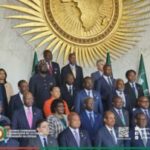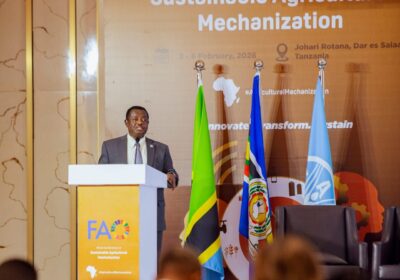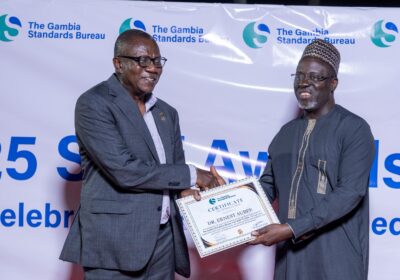ECOWAS: Pathway to Regional Transformation. Time of Action is Now.
By Raymond Enoch
As West Africa grapples with economic and political instability, experts and policymakers are calling for urgent institutional reforms within the Economic Community of West African States (ECOWAS) to enhance economic integration and transformation.
Established in 1975 to promote regional economic cooperation, ECOWAS has made strides in trade liberalization, infrastructure development, and conflict resolution. However, persistent challenges—including weak industrialization, low intra-regional trade, and military incursions into democratic governance—threaten its effectiveness.
Dr. Amadou Diallo, an economist at the West African Policy Institute, emphasizes that ECOWAS must move beyond rhetoric to practical implementation of economic policies. “For too long, policy inconsistencies and weak enforcement mechanisms have slowed down regional integration. Institutional reforms must focus on strengthening governance, harmonizing trade policies, and improving infrastructure,” he asserts.
Trade within the region remains minimal, accounting for less than 15% of total commerce among member states, according to ECOWAS statistics. The ECOWAS Trade Liberalization Scheme (ETLS), designed to facilitate free movement of goods and services, has faced setbacks due to bureaucratic red tape and non-compliance by some member states. “A robust institutional framework is needed to enforce compliance and remove trade bottlenecks,” says Nigerian trade policy expert Dr. Funmi Adetayo.
Some experts have argued that West Africa’s heavy reliance on commodity exports, saying that this has left ECOWAS members States economies vulnerable to global price fluctuations.
To drive economic transformation therefore ECOWAS must prioritize industrialization and regional value chains. “We need a shift from exporting raw materials to processing them locally,” says Cissé Boukari, an industrial policy consultant in Côte d’Ivoire. He advocates for policies that encourage investment in manufacturing and support small and medium-sized enterprises (SMEs).
Political instability and insecurity, including military coups and terrorism, remain major obstacles to economic growth in the region.
The recent political crises in Mali, Burkina Faso, and Niger have exposed the fragility of democratic governance structures. “Economic integration cannot succeed without political stability,” says Dr. Mariama Touré, a governance expert. She calls for stronger enforcement of democratic principles within ECOWAS to prevent leaders from subverting constitutional processes.
Though ECOWAS has created a robust transportation system in place, yet poor transportation networks, unreliable energy supply, and weak digital infrastructure continue to hinder economic progress. The proposed West African Highway, aimed at connecting major cities across the region, has seen slow implementation due to funding constraints. “Public-private partnerships and better financial management within ECOWAS institutions are crucial for infrastructure development,” notes financial analyst Kwame Mensah from Nigeria Accra,Ghana
The Path Forward
Experts agree that deepening financial integration, particularly through the long-delayed ECO currency, will be a game-changer for regional trade and investment. However, fiscal discipline and strong policy coordination among member states remain critical.
ECOWAS must also strengthen public engagement to ensure that citizens and businesses understand and benefit from regional policies. “People must see ECOWAS as a driver of prosperity, not just a political institution,” says Dr. Adetayo.
With decisive reforms, ECOWAS can overcome its challenges and emerge as a powerful force for economic transformation in West Africa. The time for action is now.










